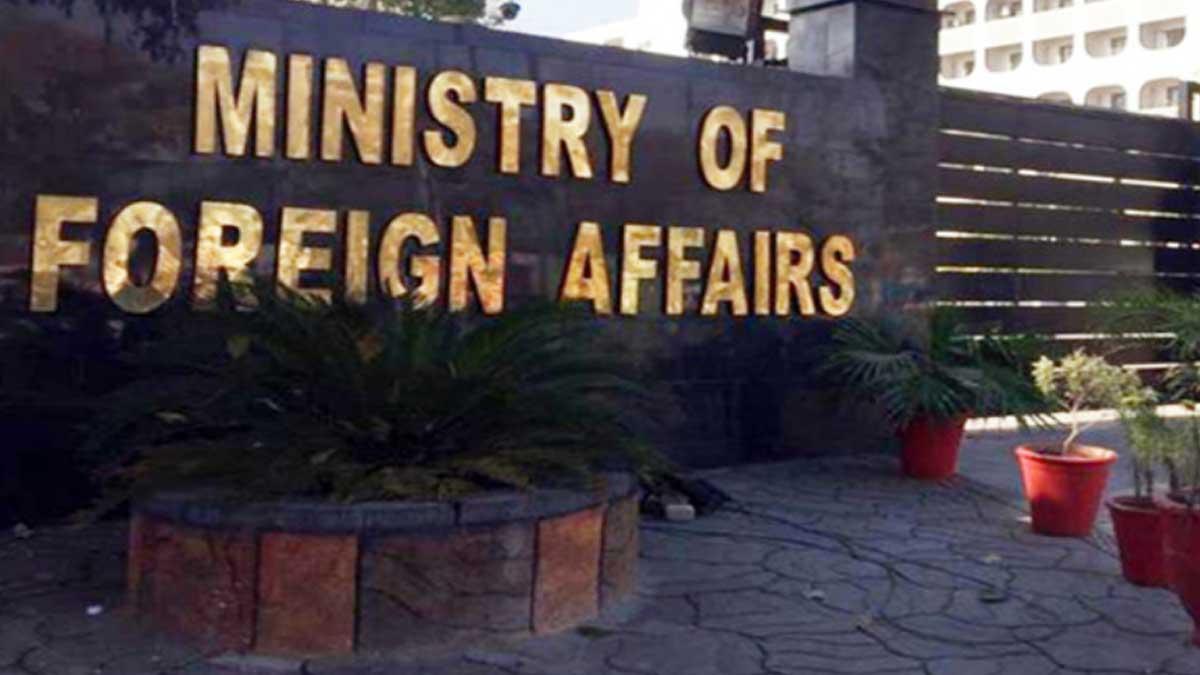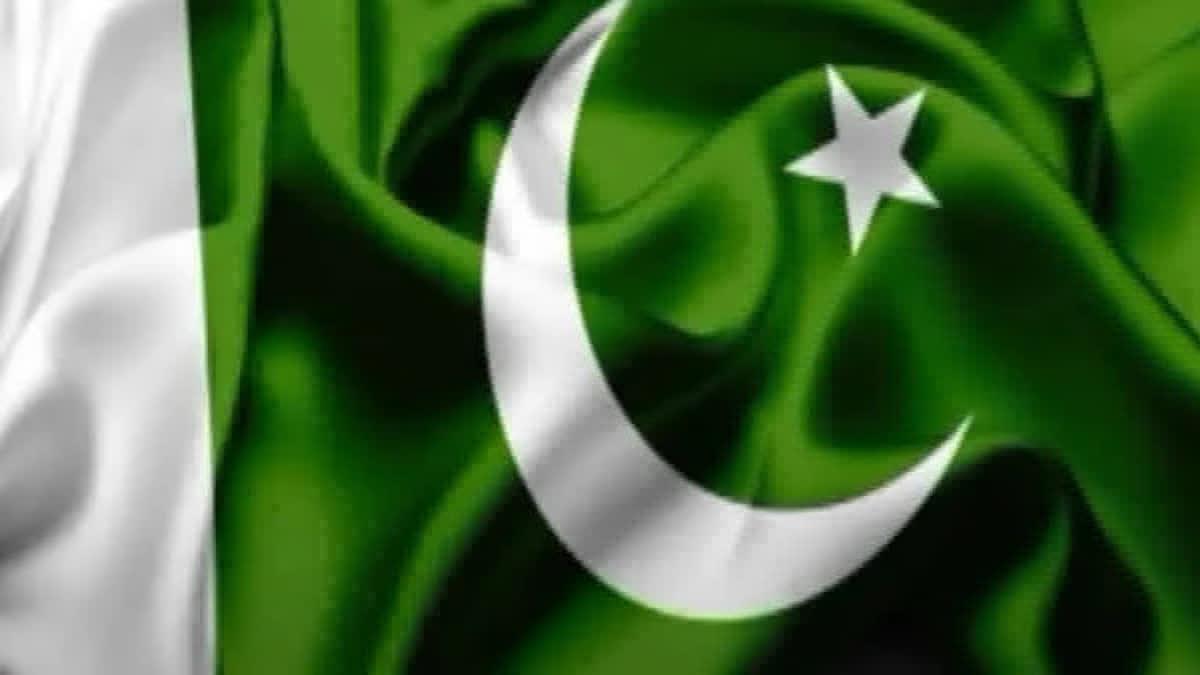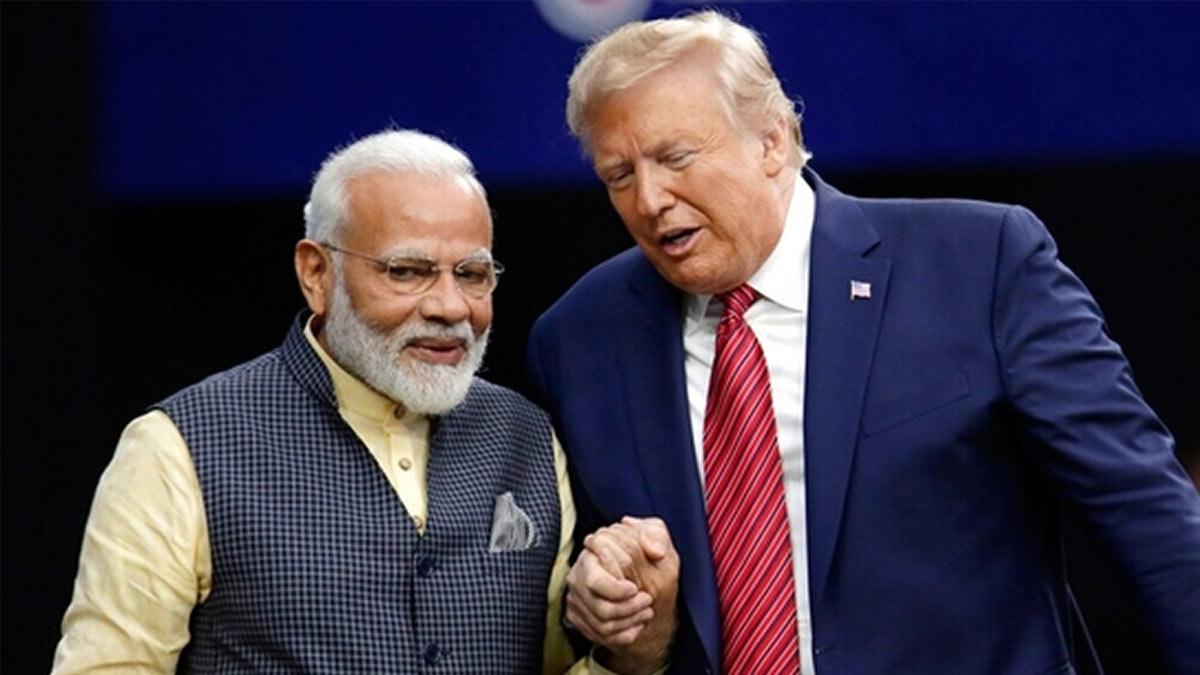Pakistan’s Ministry of Foreign Affairs declared that New Delhi lacks any authority to question the references to Jammu and Kashmir in the Pakistan-China Joint statement, which was released in Beijing following the discussions between Prime Minister Shehbaz Sharif and Chinese Premier Li Qiang on June 8.
“It is an established fact that Jammu and Kashmir is an internationally-recognised disputed territory. The dispute has been on the agenda at the UN Security Council for over seven decades,” stated the Pakistan Foreign Office.
The statement continued, “The relevant Security Council resolutions clearly stipulate that the final disposition of the State of Jammu and Kashmir will be made in accordance with the will of the people expressed through the democratic method of a free and impartial plebiscite conducted under the auspices of the United Nations."
The Pakistan Foreign Office also emphasized that India’s assertions over Jammu and Kashmir are “no basis and are unfounded and misplaced”.
On June 8, Pakistan and China issued a joint statement, which mentioned that the “Jammu and Kashmir dispute is left over from history, and should be properly and peacefully resolved.”
India responded to this joint statement by rejecting the references to Jammu and Kashmir as “unwarranted.”
Randhir Jaiswal, spokesperson for India’s External Affairs Ministry, stated on June 13, “We have noted unwarranted references to the Union Territory of Jammu & Kashmir in the joint statement between China and Pakistan of 07 June 2024. We categorically reject such references. Our position on the issue is consistent and well-known to the concerned parties. The Union Territory of Jammu and Kashmir and the Union Territory of Ladakh have been, are and will always remain integral and inalienable parts of India. No other country has the locus standi to comment on the same,"
He further noted, “The same joint statement also mentions activities and projects under the so-called China-Pakistan Economic Corridor (CPEC), some of which are in India’s sovereign territory under forcible and illegal occupation by Pakistan. We resolutely oppose and reject any moves by other countries to reinforce or legitimise Pakistan’s illegal occupation of these territories, impinging on India’s sovereignty and territorial integrity.”
India’s disapproval of the Pak-China joint statement on Jammu and Kashmir has led to a diplomatic exchange, with Islamabad condemning New Delhi and asserting that it should not attempt to “mislead the international community on CPEC.”
CPEC is a key project within China’s One Belt One Road (OBOR) initiative and is of significant importance to Pakistan’s economic goals.
Pakistan Foreign Office spokesperson Mumtaz Zahra Baloch remarked, “Instead of making baseless claims about CPEC, India should implement, at the earliest, the relevant UN Security Council resolutions on Jammu and Kashmir."
Read also | US Reaffirms Concern Over North Korea-Russia Collaboration Post Kim-Putin Summit
Read also | Putin's Generous Gesture: Another Russian Luxury Gift for Kim Jong-un


















